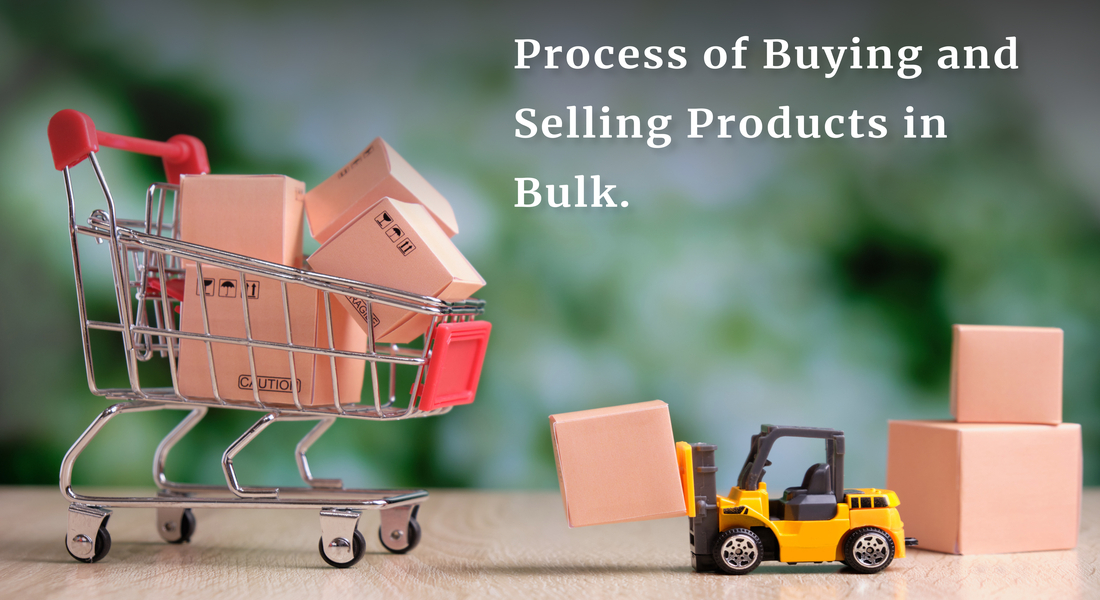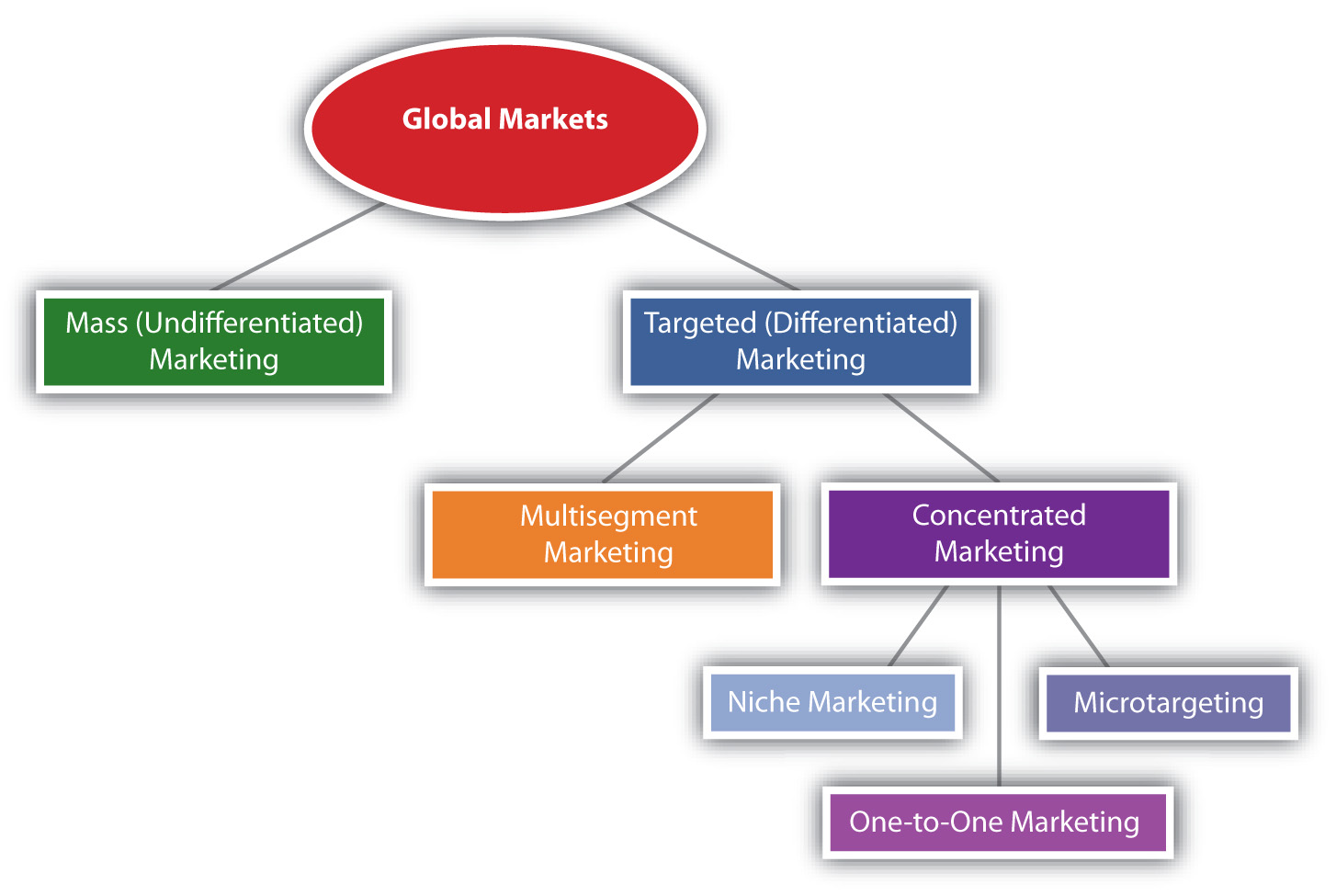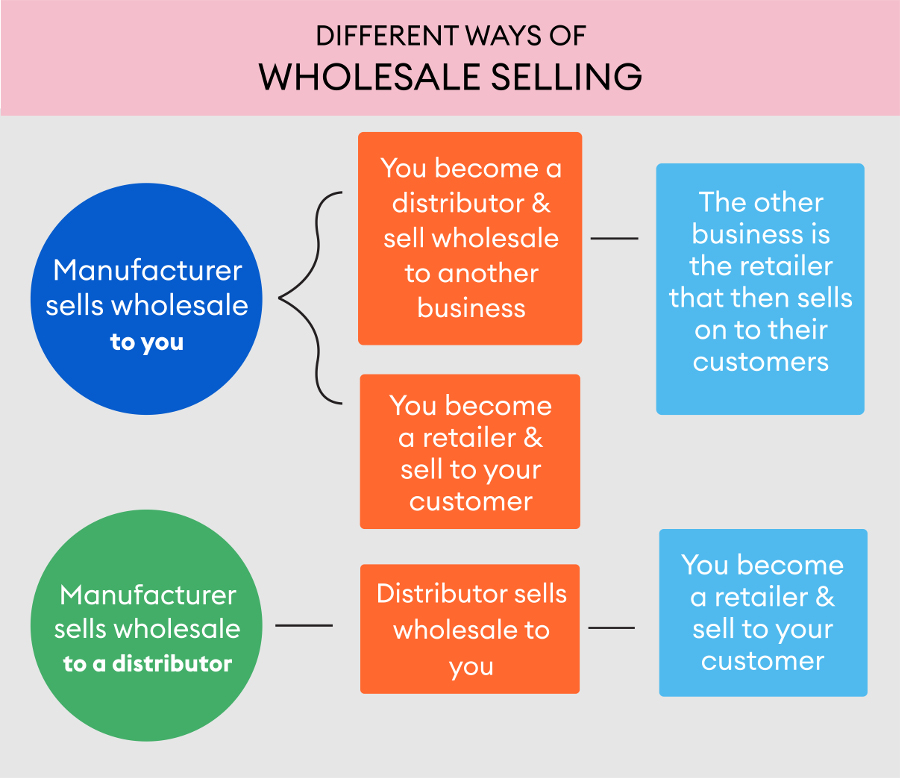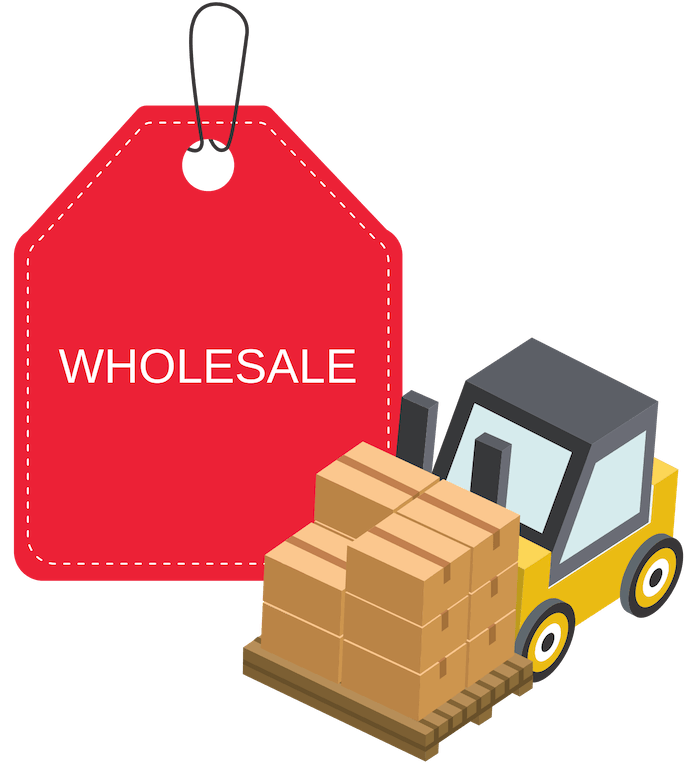Unlocking the Secrets of Wholesale Market Success
Wholesale sales offer a lucrative opportunity for businesses to purchase products in bulk and resell them for a profit. However, succeeding in the wholesale market requires more than just finding cheap products. It demands a deep understanding of the market dynamics, including the intricacies of supply and demand, pricing strategies, and effective marketing techniques. To master the art of wholesale sales, it’s essential to grasp the fundamental principles of how to sell wholesale items and navigate the complex wholesale landscape.
One of the primary advantages of wholesale sales is the potential for high profits. By purchasing products at a discounted rate, businesses can resell them at a markup, generating significant revenue. However, this also means that the wholesale market is highly competitive, with numerous businesses vying for the same customers. To stand out in this crowded market, businesses must develop a comprehensive understanding of their target audience, including their needs, preferences, and shopping habits.
Moreover, the wholesale market is constantly evolving, with new trends, products, and technologies emerging regularly. To stay ahead of the curve, businesses must be agile and adaptable, willing to pivot their strategies in response to changing market conditions. This requires a deep understanding of the market dynamics, including the ability to analyze data, identify patterns, and make informed decisions.
By mastering the art of wholesale sales, businesses can unlock the secrets of the wholesale market and achieve long-term success. This involves developing a comprehensive understanding of the market, including the principles of how to sell wholesale items, and staying up-to-date with the latest trends and technologies. With the right strategies and techniques, businesses can navigate the complex wholesale landscape and achieve their goals.
Researching and Finding Reliable Wholesale Suppliers
When it comes to selling wholesale items, finding reliable suppliers is crucial to the success of your business. A trustworthy supplier can provide you with high-quality products at competitive prices, while a unreliable supplier can lead to delays, defects, and ultimately, a loss of customers. To find the right supplier, you need to research and evaluate potential candidates carefully.
One of the first steps in finding a reliable wholesale supplier is to research potential candidates online. Look for suppliers who have a strong online presence, including a professional website and social media accounts. Check for reviews and testimonials from other customers to get an idea of their reputation and level of service.
Another important factor to consider when evaluating wholesale suppliers is product quality. Look for suppliers who offer high-quality products that meet your standards and requirements. Check for certifications, such as ISO 9001, and look for suppliers who have a strong quality control process in place.
Pricing is also a critical factor to consider when evaluating wholesale suppliers. Look for suppliers who offer competitive pricing and flexible payment terms. Be wary of suppliers who offer extremely low prices, as this can be a sign of low-quality products or poor service.
Finally, consider the level of customer service offered by the supplier. Look for suppliers who have a strong customer service team and offer support through multiple channels, such as phone, email, and live chat. A supplier who is responsive to your needs and concerns can make a big difference in the success of your business.
By doing your research and evaluating potential wholesale suppliers carefully, you can find a reliable partner who can help you succeed in the wholesale market. Remember to always prioritize product quality, pricing, and customer service when making your decision.
Building a Strong Online Presence for Wholesale Sales
In today’s digital age, having a professional online presence is crucial for success in wholesale sales. A well-designed website or e-commerce platform can help you showcase your products, reach a wider audience, and increase sales. When it comes to building an online presence for wholesale sales, there are several key factors to consider.
First and foremost, your website or e-commerce platform should be visually appealing and easy to navigate. This will help to create a positive first impression and make it easy for customers to find what they’re looking for. Consider using a clean and modern design, with clear headings and concise product descriptions.
In addition to aesthetics, your website or e-commerce platform should also be functional and user-friendly. This means making sure that it is optimized for search engines, has a secure payment system, and is easy to update and maintain. Consider using a content management system (CMS) such as WordPress or Magento to make it easy to manage your online presence.
Another important factor to consider when building an online presence for wholesale sales is search engine optimization (SEO). This involves optimizing your website or e-commerce platform to rank higher in search engine results pages (SERPs) for relevant keywords and phrases. Consider using keywords such as “wholesale” and “bulk” to help attract customers who are looking for wholesale products.
Finally, consider using social media to promote your online presence and reach a wider audience. Platforms such as Facebook, Twitter, and Instagram can be used to share product updates, promotions, and news, and to engage with customers and build relationships.
By building a strong online presence, you can increase your visibility, reach a wider audience, and drive sales. Whether you’re just starting out in wholesale sales or looking to expand your existing business, a professional online presence is essential for success.
Understanding Your Target Market and Creating Effective Marketing Strategies
To succeed in wholesale sales, it’s essential to understand your target market and create effective marketing strategies to reach them. Your target market is the group of customers who are most likely to be interested in your products and services. Understanding their needs, preferences, and behaviors is crucial to creating marketing strategies that resonate with them.
One of the first steps in understanding your target market is to conduct market research. This can involve gathering data on demographics, such as age, location, and income level, as well as psychographics, such as interests and values. You can use this data to create buyer personas, which are detailed profiles of your ideal customers.
Once you have a clear understanding of your target market, you can start creating effective marketing strategies to reach them. Social media marketing is a great way to connect with your target market and build brand awareness. Platforms like Facebook, Twitter, and Instagram offer a range of tools and features that allow you to target specific audiences and create engaging content.
Email marketing is another effective way to reach your target market and build relationships with customers. By creating regular newsletters and promotional emails, you can keep your customers informed about new products, promotions, and events.
Paid advertising is also a great way to reach your target market and drive sales. Platforms like Google Ads and Facebook Ads offer a range of targeting options that allow you to reach specific audiences and create effective ad campaigns.
When creating marketing strategies for wholesale sales, it’s essential to keep in mind the unique needs and preferences of your target market. By understanding their needs and creating effective marketing strategies, you can build strong relationships with customers and drive sales.
For example, if you’re selling wholesale items to retailers, you may want to focus on creating marketing strategies that highlight the quality and value of your products. You could also offer incentives, such as discounts or free shipping, to encourage retailers to purchase your products in bulk.
By understanding your target market and creating effective marketing strategies, you can succeed in wholesale sales and build a loyal customer base. Remember to always keep your target market in mind when creating marketing strategies, and to tailor your approach to their unique needs and preferences.
Pricing Strategies for Wholesale Sales: How to Stay Competitive
Pricing is a critical component of wholesale sales, as it directly affects profitability and competitiveness. To succeed in the wholesale market, it’s essential to develop a pricing strategy that balances profitability with competitiveness. This involves researching competitors, calculating costs, and setting prices that are attractive to customers while maintaining a healthy profit margin.
One of the first steps in developing a pricing strategy for wholesale sales is to research competitors. This involves analyzing the prices of similar products offered by other wholesalers and identifying trends and patterns in the market. By understanding how competitors are pricing their products, you can determine how to position your own products in the market and stay competitive.
Another important factor to consider when developing a pricing strategy for wholesale sales is cost. This includes the cost of purchasing products from suppliers, as well as the cost of shipping, handling, and storing products. By accurately calculating costs, you can determine the minimum price at which you can sell products and still maintain a profit.
Once you have researched competitors and calculated costs, you can begin to set prices for your products. This involves determining the optimal price point for each product, taking into account factors such as demand, competition, and profitability. By setting prices that are attractive to customers while maintaining a healthy profit margin, you can stay competitive in the wholesale market and achieve long-term success.
It’s also important to consider the concept of price elasticity when developing a pricing strategy for wholesale sales. This refers to the degree to which changes in price affect demand for a product. By understanding how price changes affect demand, you can adjust your pricing strategy to maximize sales and profitability.
In addition to setting prices, it’s also important to consider the concept of price anchoring when developing a pricing strategy for wholesale sales. This involves setting a higher “anchor” price for a product and then offering discounts or promotions to create the perception of value. By using price anchoring, you can create the perception of value and increase sales.
By developing a pricing strategy that balances profitability with competitiveness, you can stay competitive in the wholesale market and achieve long-term success. Remember to always research competitors, calculate costs, and set prices that are attractive to customers while maintaining a healthy profit margin.
Managing Inventory and Shipping for Wholesale Sales
Effective inventory management and shipping strategies are crucial for success in wholesale sales. By managing inventory levels and shipping products efficiently, you can ensure that customers receive their orders on time and in good condition. This can help to build trust and loyalty with customers, and ultimately drive repeat business and referrals.
One of the key challenges in managing inventory for wholesale sales is ensuring that you have the right products in stock at the right time. This requires careful planning and forecasting, as well as a good understanding of your customers’ needs and preferences. By using data and analytics to track sales trends and customer behavior, you can make informed decisions about which products to stock and when.
Another important aspect of inventory management for wholesale sales is tracking and managing stock levels. This involves using inventory management software to track the quantity of each product in stock, as well as the location and status of each item. By having real-time visibility into your inventory levels, you can quickly identify and address any stockouts or overstocking issues.
Shipping is also a critical component of wholesale sales, as it can have a significant impact on customer satisfaction and loyalty. By using reliable and efficient shipping methods, you can ensure that customers receive their orders on time and in good condition. This can help to build trust and loyalty with customers, and ultimately drive repeat business and referrals.
One of the key strategies for managing shipping for wholesale sales is to use a variety of shipping methods and carriers. This can help to ensure that customers receive their orders on time and in good condition, regardless of their location or the size and weight of the order. By using a range of shipping options, you can also offer customers more flexibility and convenience, which can help to build trust and loyalty.
Another important aspect of shipping for wholesale sales is tracking and managing orders. This involves using order management software to track the status of each order, from receipt to shipment. By having real-time visibility into the status of each order, you can quickly identify and address any issues or delays, and ensure that customers receive their orders on time and in good condition.
By managing inventory and shipping effectively, you can build trust and loyalty with customers, and ultimately drive repeat business and referrals. By using data and analytics to track sales trends and customer behavior, you can make informed decisions about which products to stock and when, and ensure that customers receive their orders on time and in good condition.
Providing Excellent Customer Service for Repeat Business and Referrals
Providing excellent customer service is crucial for building strong relationships with customers and encouraging repeat business and referrals in wholesale sales. By delivering exceptional service, you can create a positive experience for customers and increase the likelihood of them returning to your business and recommending it to others.
One of the key strategies for providing excellent customer service in wholesale sales is to be responsive and proactive. This involves being available to answer questions and address concerns in a timely and professional manner. By being responsive and proactive, you can build trust and confidence with customers and demonstrate your commitment to their satisfaction.
Another important aspect of providing excellent customer service in wholesale sales is to be knowledgeable and informed. This involves having a deep understanding of your products and services, as well as the needs and preferences of your customers. By being knowledgeable and informed, you can provide valuable insights and recommendations to customers and help them make informed purchasing decisions.
Effective communication is also critical for providing excellent customer service in wholesale sales. This involves being clear and concise in your communication, as well as being respectful and professional. By communicating effectively, you can build strong relationships with customers and ensure that their needs are met.
In addition to being responsive, knowledgeable, and communicative, it’s also important to be proactive in addressing any issues or concerns that may arise. This involves being willing to listen to customer feedback and concerns, and taking prompt action to address them. By being proactive, you can prevent small issues from becoming major problems and demonstrate your commitment to customer satisfaction.
Finally, providing excellent customer service in wholesale sales involves being willing to go above and beyond to meet the needs of customers. This involves being flexible and adaptable, as well as being willing to offer customized solutions and services. By being willing to go above and beyond, you can create a positive experience for customers and increase the likelihood of them returning to your business and recommending it to others.
By providing excellent customer service, you can build strong relationships with customers and encourage repeat business and referrals in wholesale sales. By being responsive, knowledgeable, communicative, proactive, and willing to go above and beyond, you can create a positive experience for customers and increase the likelihood of them returning to your business and recommending it to others.
Monitoring and Optimizing Your Wholesale Sales Performance
Monitoring and optimizing your wholesale sales performance is crucial to achieving long-term success in the wholesale market. By tracking and analyzing sales data, you can identify areas for improvement, optimize marketing strategies, and increase overall sales and profitability.
One of the key strategies for monitoring and optimizing wholesale sales performance is to use data analytics tools. These tools can help you track sales trends, identify top-selling products, and analyze customer behavior. By using data analytics tools, you can gain valuable insights into your sales performance and make informed decisions about how to optimize your marketing strategies.
Another important aspect of monitoring and optimizing wholesale sales performance is to set clear goals and objectives. This involves establishing specific, measurable, achievable, relevant, and time-bound (SMART) goals for your wholesale sales business. By setting clear goals and objectives, you can focus your efforts on achieving specific outcomes and measure your progress along the way.
Regularly reviewing and analyzing sales performance is also critical for monitoring and optimizing wholesale sales performance. This involves regularly reviewing sales data, identifying trends and patterns, and making adjustments to marketing strategies as needed. By regularly reviewing and analyzing sales performance, you can stay on top of changes in the market and make informed decisions about how to optimize your marketing strategies.
In addition to using data analytics tools, setting clear goals and objectives, and regularly reviewing and analyzing sales performance, it’s also important to stay up-to-date with industry trends and best practices. This involves attending industry conferences, reading industry publications, and networking with other professionals in the wholesale market. By staying up-to-date with industry trends and best practices, you can stay ahead of the competition and optimize your marketing strategies for maximum impact.
Finally, monitoring and optimizing wholesale sales performance involves being willing to adapt and adjust marketing strategies as needed. This involves being flexible and responsive to changes in the market, and being willing to try new approaches and tactics. By being willing to adapt and adjust marketing strategies, you can stay ahead of the competition and achieve long-term success in the wholesale market.
By monitoring and optimizing your wholesale sales performance, you can achieve long-term success in the wholesale market and increase overall sales and profitability. By using data analytics tools, setting clear goals and objectives, regularly reviewing and analyzing sales performance, staying up-to-date with industry trends and best practices, and being willing to adapt and adjust marketing strategies, you can optimize your marketing strategies for maximum impact and achieve your business goals.




